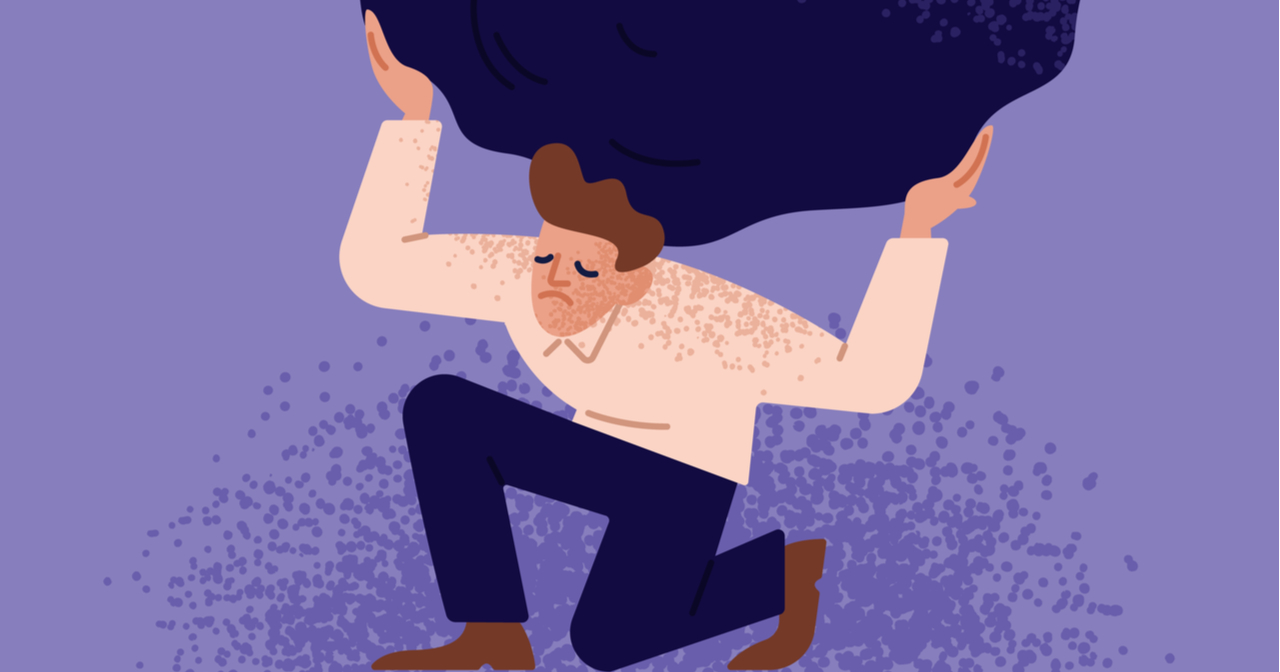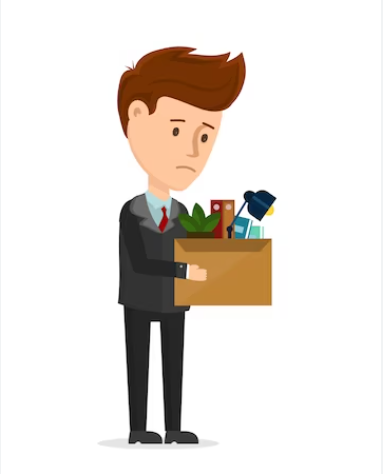
What Is An Exceptional Hardship For Driving Bans?
Under normal circumstances and under the totting up system, if you were to accumulate 12 or more penalty points within a 3-year period, you could be subject to a 3 year driving disqualification depending on the severity of your offence under Section 35 of the Road Traffic Offenders Act 1988.
Under Section 35, the minimum period of disqualification is:
six months if no previous disqualification is to be taken into account.
one year if one previous disqualification is to be taken into account.
two years if more than one previous disqualification is to be taken into account.
A previous disqualification will not be taken into account if it was imposed within the three years immediately preceding the date on which the current offence was committed.
In certain circumstances, an application for exceptional hardship can be put forward, where you will give reasons for why the disqualification would bring suffering beyond what an average person would experience in the same circumstances.
Once you submit the application, the magistrate will determine whether the disqualification is too severe considering the circumstances surrounding your case. If the magistrate deems that the punishment is too harsh, then the length of the disqualification could be reduced or not enforced.
Examples of exceptional hardship
Loss of Employment
Losing one's job due to not having a driving licence is a common reason we put forward for exceptional hardship. If you work as a truck driver or are required to travel frequently for work, facing a driving disqualification may lead to loss of employment, leading to further consequences such as losing your house and income, causing further suffering to your family and those dependent on you.

Hardship on individuals who rely on your support or care
Many of our clients may be carers to family members or have others who rely on them, and loss of one's driving licence may cause loss of that support and result in suffering for those who are reliant on the motorist.
Inability to assist with childcare if disqualified
Parents, if disqualified, may not be able to drive their children to extracurricular activities or to school if there is not sufficient public transport, causing excess adversity. For single parents, it may be difficult for them to see their children if they live a long distance away, resulting in negative impacts for the children.
A driving disqualification would cause hardship and suffering to you as an individual for many reasons, but the judge or magistrate will be more accepting in circumstances where the disqualification causes suffering to others reliant on them. If you feel as though you have grounds for exceptional hardship,
contact us now at 0330 341 1690 .
How do we put forward an exceptional hardship application?
Prior to your court hearing, we will thoroughly prepare you and build the foundations of your application by gathering witnesses and relevant evidence showing excess hardship on you or others.
Examples of these could be financial records detailing how loss of employment could result in financial detriment; medical papers for people who you care for; statements from employers confirming your position and why your driving licence would be essential, etc.
Frequently, we find that motorists will put forward exceptional hardship on grounds of termination of employment, but you can imagine how often magistrates are presented with the same argument for exceptional hardship. That's why we believe it is necessary to present further information detailing the consequences of a driving disqualification, such as the negative implications for third parties.
The loss of one's driving licence may mean loss of occupation but can consequently result in a household losing their main source of income and suffering for those dependent on the motorist, such as his or her children.
Now you can clearly see how the above is more compelling than "But I'll Lose My Job".
Exceptional hardship outcomes
Once you submit your application for exceptional hardship, one of three outcomes will occur :
The court recognises your application and does not impose a disqualification.
The court recognises your application, but you still receive a ban, usually for less than the minimum period of six months.
The court rejects your application as compelling, and you receive the minimum disqualification of 6 months.
Within a 3-year period, you are unable to put forward the same grounds for exceptional hardship but can put forward a different reason. Although we could argue the reason again , it is important to note that the magistrate will likely be less tolerant in regards to your situation.
Can a exceptional hardship be used to avoid a drink-driving disqualification?
The short answer to this would be no. Unlike a totting-up disqualification under Schedule 2 of the Road Traffic Offenders Act 1988, drink driving incurs a mandatory 12-month disqualification.
If pleading guilty, the only way to avoid disqualification is to put forward "special" reasons". Special reasons would be extenuating or mitigating circumstances revolving around the offence that, if the magistrate deems them applicable, could result in a reduced disqualification or none at all. Common examples of this would be:
How we help you avoid a disqualification
If you find yourself dealing with a totting-up disqualification, look no further. For over 16 years, our team at Parnell and Peel has specialised solely in defending motoring offences, with an extensive track record and thousands of licences saved. We believe in providing the most exemplary legal representation to our clients. Click Here and see for yourself.
Speak with one of our specialist lawyers in complete confidence and privacy by reaching out to us on 0330 3411690 or completing a free online inquiry. Let's see if we can build the rapport you need to feel safe and supported at this difficult time.
"I was charged with Drink Driving, and the case looked hopeless, Abdul reassured me, and the CPS offered no Evidence. Abdul is certainly an Expert in Drink Driving and his handling of the case was outstanding"
"I was charged with drink driving and my case looked hopeless. There was witness evidence and forensic evidence. From my first meeting with Abdul he reassured me that we could win the case. Abdul was fantastic and the end result is that I am a happy man as I have kept my driving licence and my job."
"I would like to thank Abdul for his support and professionalism through a difficult phase in our lives.The outcome was the best of what we could have hoped for and would recommend your service to others if needed."
"After an extremely stressful 4 months I am delighted with the outcome . Abdul represented me through-out and was always there to support me when the panic took over and delivered what was discussed at our very first meeting. I cannot thank Abdul enough for all his hard work and helping me keep my driving licence. , I wouldn’t hesitate recommending them to friends and family. Many Thanks."
"I am grateful to Abdul and team. I have avoided conviction for failure to provide despite what seemed to be overwhelming case against me. I am absolutely delighted as my driving licence was everything and I stood on the verge of losing everything. Keep up the good work ."

